Egerton University together with the Transforming African Agricultural Universities to meaningfully contribute to Africa’s Growth and Development (TAGDev 2.0) Program hosted a National Forum during the Kenya National Research Festival 2025 under the theme “Accelerating Transformative Education through Multi-Stakeholder Dialogue and Collaboration.” The forum convened government leaders, universities, TVETs, private sector actors, and development partners to chart new pathways for agricultural education in Kenya and Africa.
The Vice Chancellor Prof. Isaac Kibwage, emphasized the urgency of re-engineering farming practices to ensure food security, climate resilience, and youth employment. He noted that training must go beyond theory, equipping young farmers with competence-based skills, entrepreneurial mindsets, and the ability to adapt to changing agrifood systems, calling for mechanized farming and systemic reforms to dismantle exploitative cartels in agriculture.
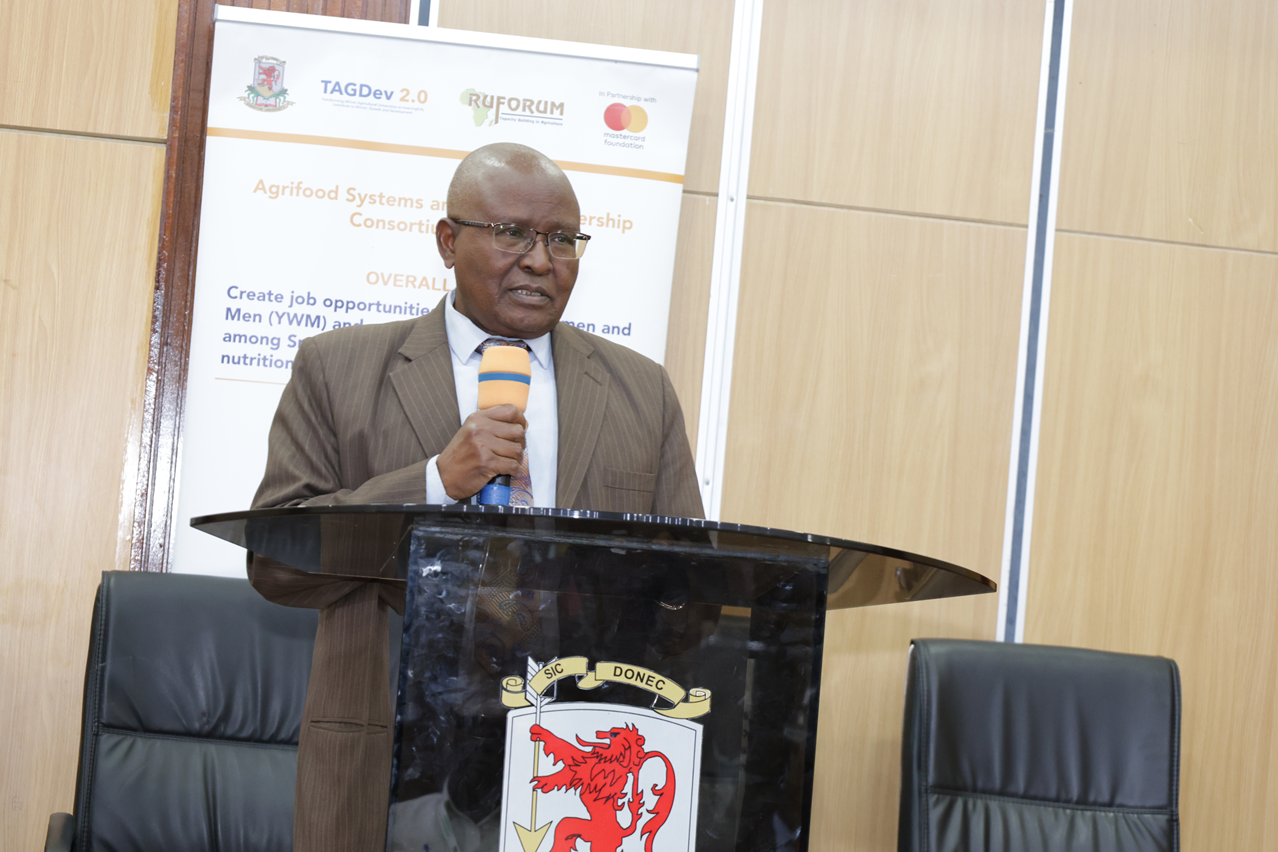
Deputy Vice Chancellor Prof. Bernard Aduda emphasized the importance of universities hosting such national dialogues to support Kenya’s development agenda. “Education is what remains after everything taught is forgotten,” he reflected, stressing the need for practical, transformative approaches that empower graduates to innovate.
Prof. Nancy Mungai, TAGDev Program Coordinator, acknowledged the support of partners and participants, while tracing the journey of TAGDev. The program, co-implemented by RUFORUM, GCHERA, and 12 African universities in partnership with Mastercard Foundation, seeks to transform agricultural education by empowering young women and men to access work and livelihood opportunities,, improving graduate outcomes, and promoting adaptive capacities amongst agricultural communities. She noted that six partner universities and TVETs in Kenya are already aligning curricula and community engagement with national priorities.


Dr. Abigael Otinga of RUFORUM provided background on the program’s continental scope, with over 60 universities participating. She highlighted three key outcomes: wealth creation, building resilient smallholder food systems, and strengthening institutions. “TAGDev is scaling lessons from its first phase,” she explained, emphasizing inclusivity for women, persons with disabilities, and refugees, with a target of reaching 1.2 million youth in the next decade.
From the Mastercard Foundation, Mr. George Osure reaffirmed the Foundation’s commitment to collaboration. He stressed the importance of converging academia, industry, and communities to produce graduates who are not only skilled but also visionary. “We must make the possibilities happen by supporting timely, practical, and innovative work that transforms food systems,” he said.
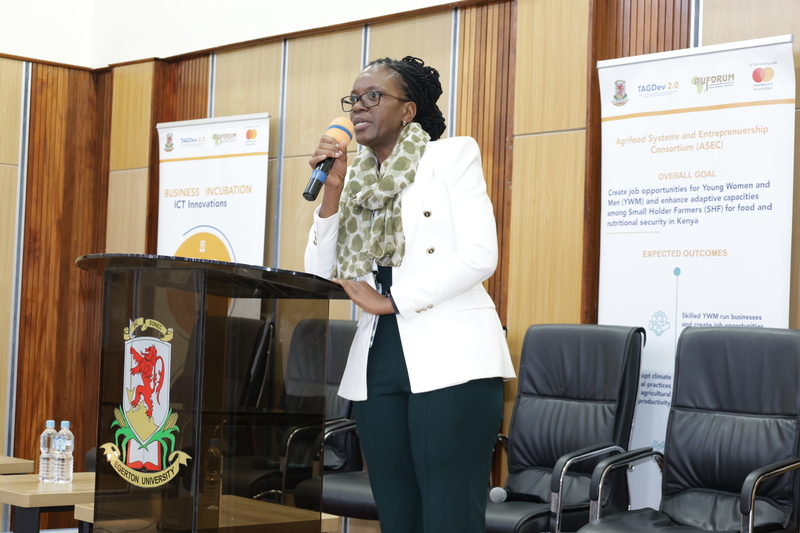
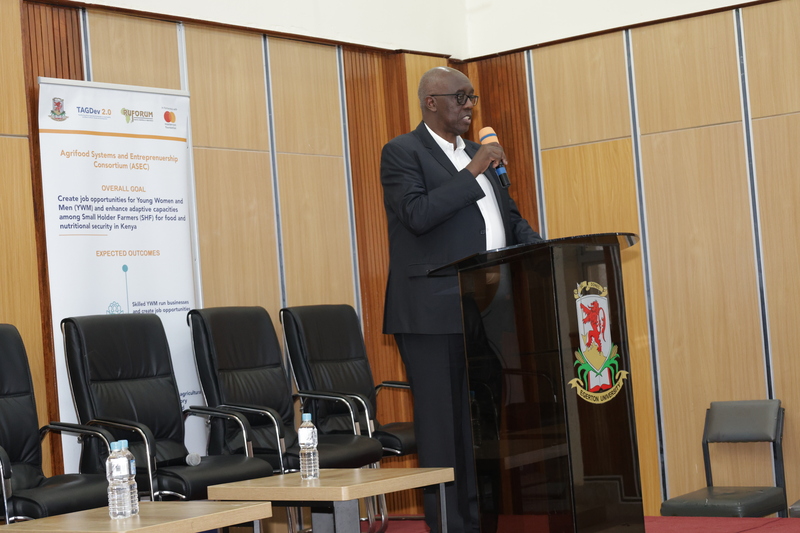
Nakuru County CECM for Agriculture, Leonard Bor, challenged participants to rethink how agricultural education equips young people for the changing landscape of the future. He called universities “hubs for piloting and scaling innovations” and urged renewed commitment to partnerships that create opportunities for youth.
Keynote speaker Dr. Mary Waiganjo emphasized the paradigm shift required for transformative education. She outlined the principles of competency-based education (CBE), stressing mastery, self-paced learning, and authentic assessment tied to real-world challenges. She reminded universities of their responsibility to produce graduates with knowledge, skills, values, and the right attitudes to drive economic growth, environmental sustainability, and social transformation.
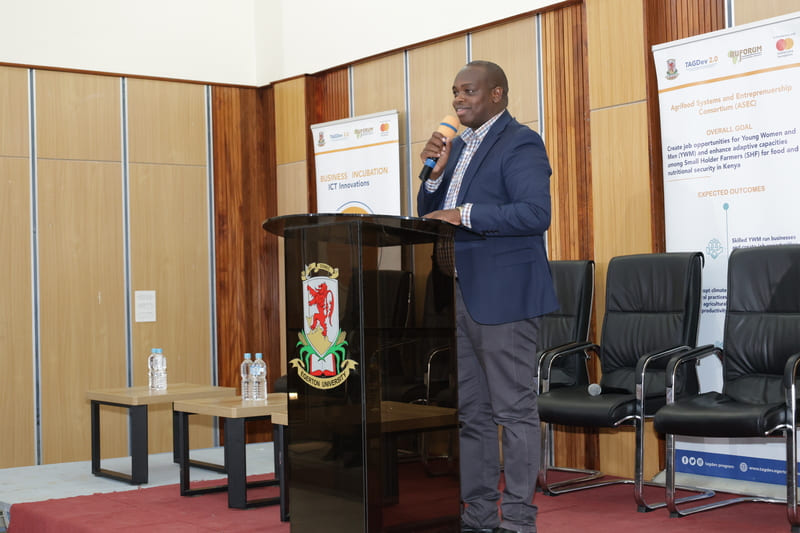
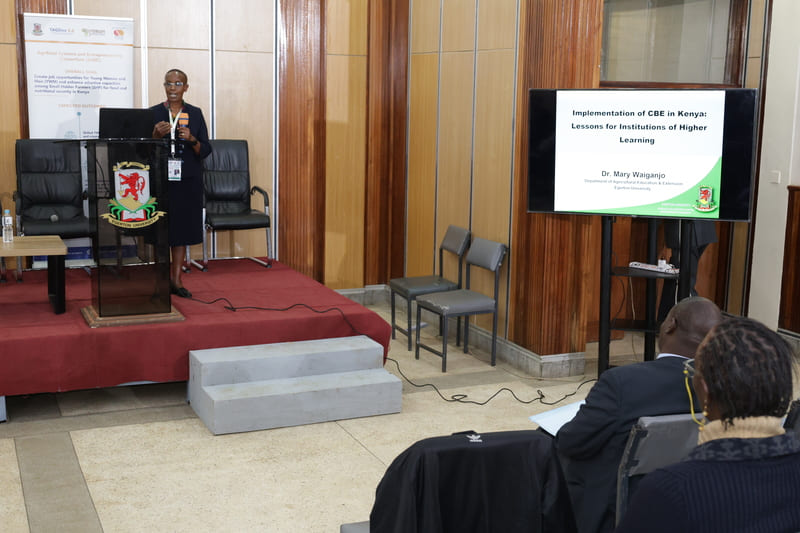
The panel discussions, brought diverse voices together to discuss pressing questions of how education can be aligned with Kenya’s national development goals and the realities of the job market. The first high-level panel convened regulators, ministries, universities, and TVET institutions to reflect on curriculum reforms, industry collaboration, and the role of accreditation in producing graduates fit for purpose. Speakers emphasized that agricultural education must move beyond the classroom, combining theory with practice, and drawing industry closer to academia in order to co-create pathways that respond to food insecurity, climate change, and employment needs. The discussions revealed that transformation requires not just institutional reforms, but also a change of mindset from seeing agriculture as a fallback career to recognizing it as the backbone of economic growth. The importance of intentional community engagement in developing practical and sustainable solutions was highlighted.
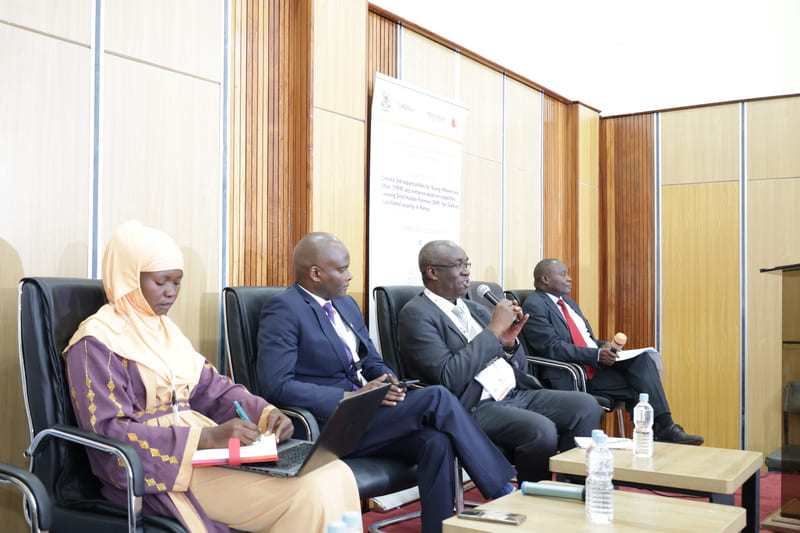
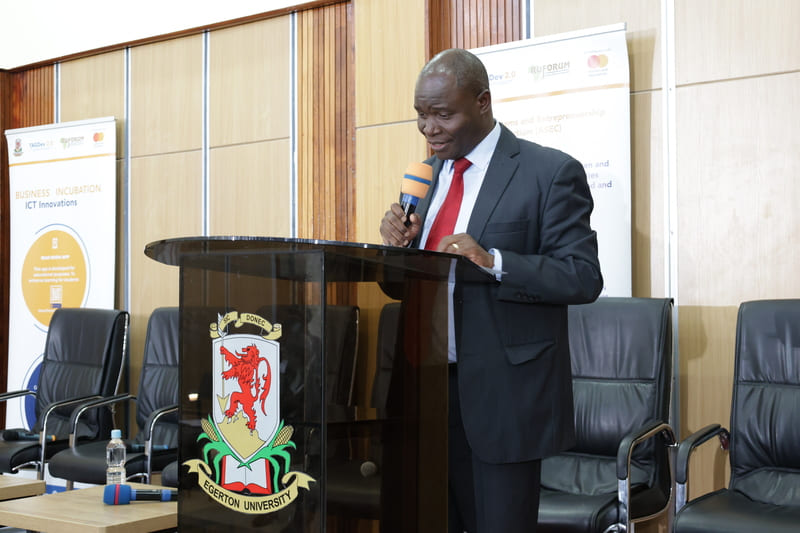
The second panel shifted the spotlight to young people, under the theme “Youth in Agriculture: Driving the Future through Innovation and Entrepreneurship.” Here, the vibrancy of Kenya’s young women & men was visible as student innovators, agripreneurs, and incubator leaders showcased practical solutions ranging from agritech platforms to community agribusiness models. Panelists argued that attracting and retaining youth in agriculture requires creating entrepreneurial ecosystems that offer mentorship, access to finance, and market linkages. Their stories showed that agriculture, when coupled with innovation, is not only profitable but also capable of reshaping rural economies and changing outdated perceptions of farming.
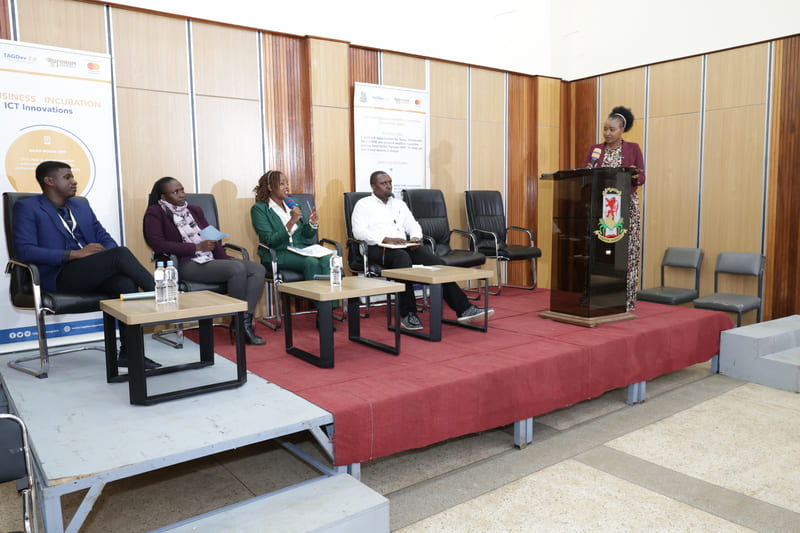
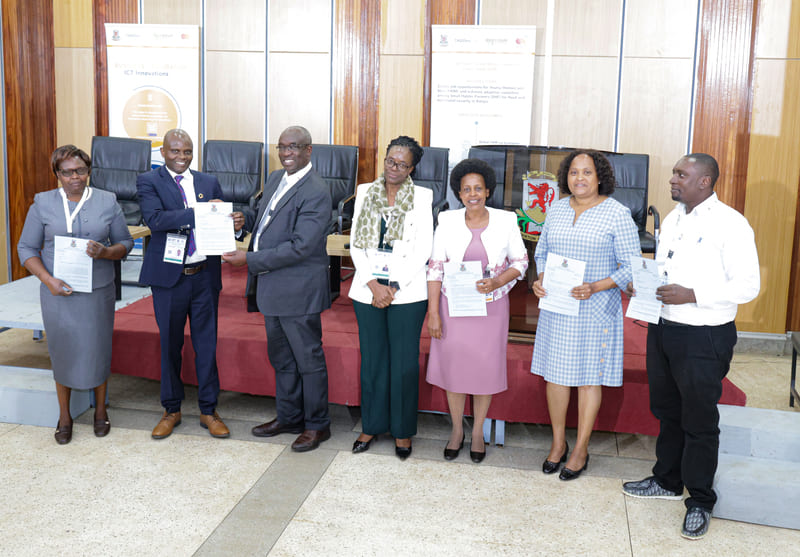
At the end of the national forum was the launch of the TAGDev National Coordinating Committee, tasked with spearheading a multi-stakeholder agenda for agricultural education reform and agrifood system transformation in Kenya. As Egerton University continues to host national dialogues, its role as a leader in agricultural education and food systems innovation is evident. By fostering collaboration, rethinking curricula, and amplifying youth voices, the University is helping chart Africa’s path toward inclusive, resilient, and sustainable food systems.

